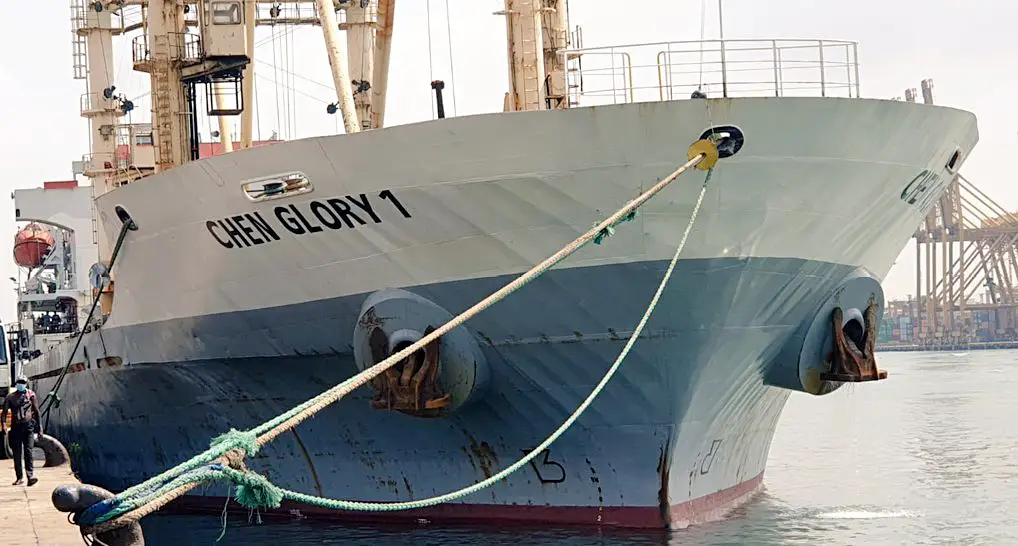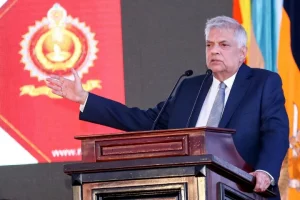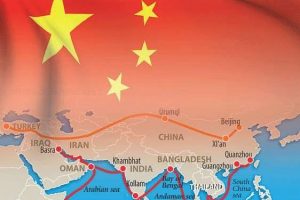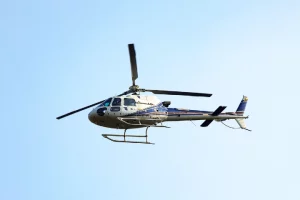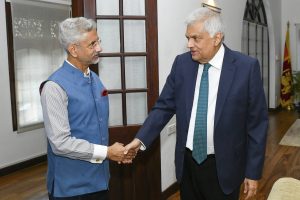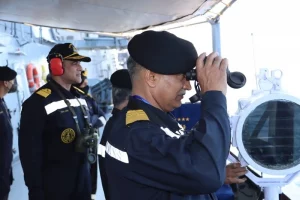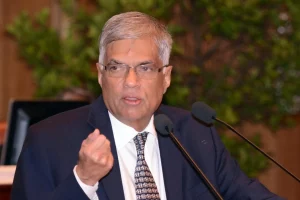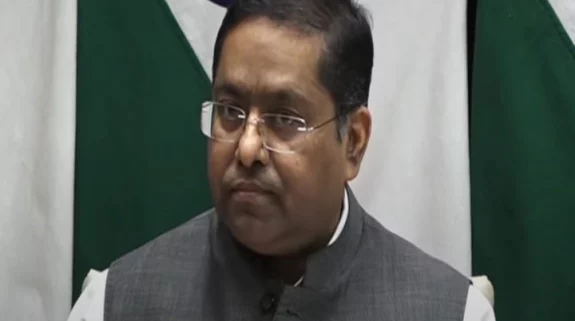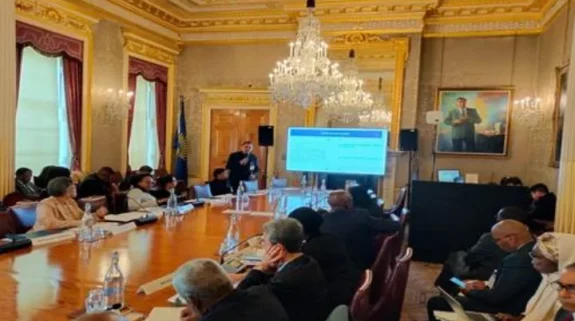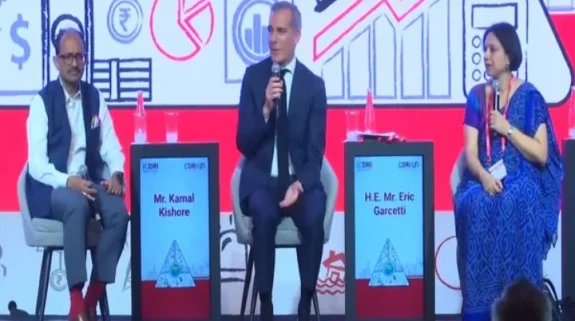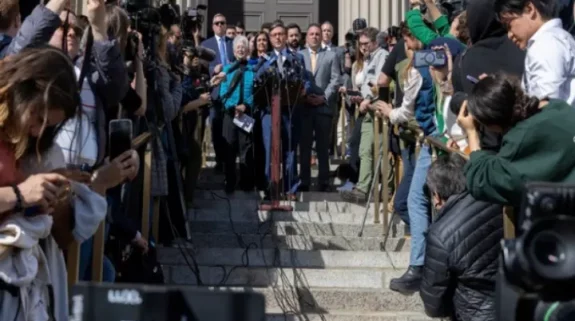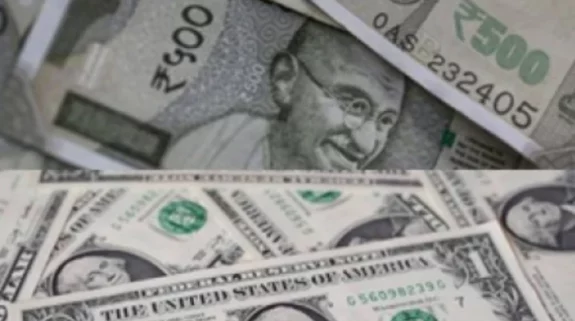The Sri Lankan Finance Ministry announced on Tuesday afternoon that the country was temporarily suspending all foreign debt payments including loans from foreign governments. The island nation with a population of 22 million is saddled with a $51 billion foreign debt.
A statement from the ministry said: "The government is taking the emergency measure only as a last resort in order to prevent further deterioration of the republic's financial position".
For nearly six months, the country and its people were going through a tough time due to a severe shortage of foreign exchange which curbed its capacity to import food and oil, resulting in food inflation, long queues for fuel and power shortages. Disenchanted people have been protesting on the streets asking President Gotabaya Rajapaksa to resign along with his other family members.
The powerful president has lost the support of political allies while the opposition has spurned his suggestion to form an all-party administration to manage the socio-economic crisis. Though the parliament is debating the crisis no solutions have been offered and the country has been at a political standstill for over a week.
Read More:
Video: Sri Lankans mount worldwide protests amid social, economic and political meltdown
Tripathi says: "This is an unprecedented situation and difficult to predict what happens next. But not paying foreign loans means that the country is economically dead. They have no money even to import essential products and the economy is basically at zero. The severest impact will fall on people who need life-saving medicines, who can otherwise die. The next will be problems for people who have no food", says Tripathi.
He adds that now Sri Lanka will have to appeal to the international community for help. It has to make arrangements to quickly import food and medicines.
The current situation means that there will be a 100 per cent stoppage of imports and no private player will want to come to the country.
"As the economy is at a complete standstill currently, Sri Lanka will not be able to even start its economy in the short term. In the immediate term, it will need upto $3 billion in aid to just about carry on for the next few months. After ensuring food and drugs to its people, it will have to re-start essential services and then begin to tinker to revive its local economy", says Tripathi.
He adds that there has to be revival of local manufacturing and small economic activity so that people have work and can earn.
People angry with the government are already on the streets. If the hardships increase for the public, there might be violence against the symbols of the government.
There could be immediate political changes but with the two topmost Rajapaksa brothers–President Gotabaya Rajapaksa and Prime Minister Mahinda Rajapaksa–refusing to let go of their positions, how the changes will happen is difficult to say. The opposition has already shown disinterest in running the country jointly owing to the magnitude of the crisis.
Read More:
Sri Lanka crisis deepens—opposition parties step up action against Rajapaksa government and family
How the Rajapaksas have become the face of the national crisis in parliament and on streets
Is Rajapaksa waiting for loans to placate people and stave off challenges to power?






